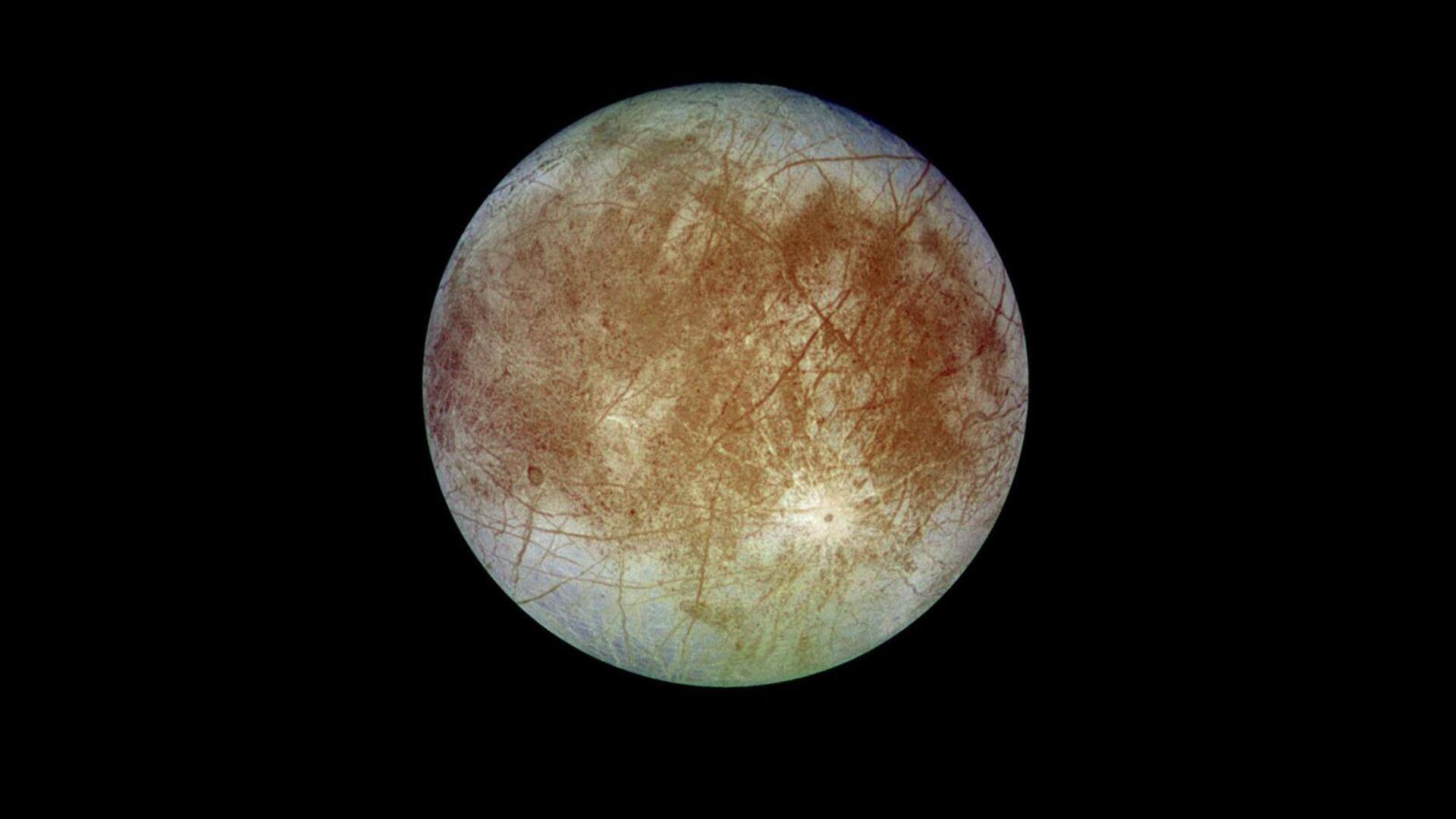
Oxygen levels on Jupiter's moon Europa lower than expected
What's the story
Scientists have discovered that Jupiter's moon Europa has less oxygen on its icy surface than previously believed, which could affect the possibility of life in its hidden ocean. NASA researcher Kevin Hand, who wasn't part of the study, mentioned that even with little to no oxygen, microbes might still exist in Europa's underground ocean. This new study, published in Nature Astronomy, challenges earlier telescope observations that detected condensed oxygen in Europa's ice.
Stats
Juno spacecraft data reveals reduced oxygen production
The latest findings come from data gathered by NASA's Juno spacecraft during a close encounter with Europa in 2022. A team of US-European researchers calculated that Europa's surface produces between 6-18kg of oxygen per second, a much lower amount than earlier estimates. James Szalay from Princeton University, the study's lead author, said Juno's flyby was the first time a spacecraft "directly sniffed" Europa's surroundings and that there is still much to learn despite the narrower range.
Assumption
What did previous estimates say?
Prior to the latest findings, it was estimated that the surface of Europa, generated as much as 1,100kg of oxygen every second. So "unless Europa's oxygen production was significantly higher in the past," the new figures offer "a narrower range to support habitability," according to the scientists. When radiation from Jupiter hits Europa's outer shell of frozen water, this oxygen is formed in addition to hydrogen.
Future
Upcoming Europa Clipper mission to further investigate
Currently, it's unclear how much of oxygen escapes into Europa's atmosphere, how much stays in the ice, and what quantity reaches the underground ocean. To explore these questions further, NASA is planning to launch the Europa Clipper later this year. The spacecraft will make numerous close flybys of Europa, nearly the size of Earth's Moon, while orbiting Jupiter. This mission will provide more insights into Europa's complex environment and its potential to support life.